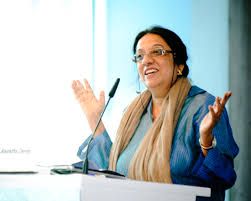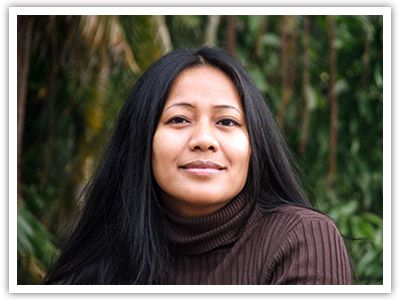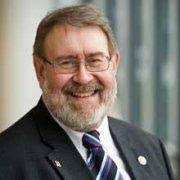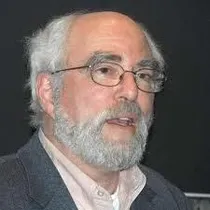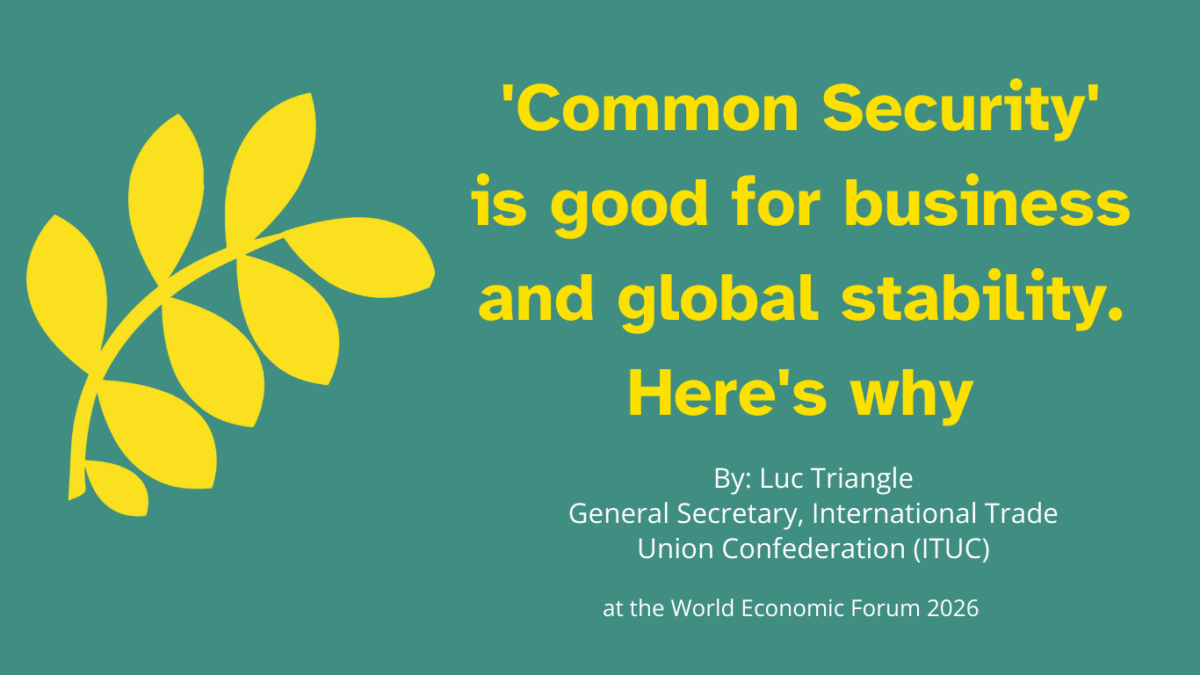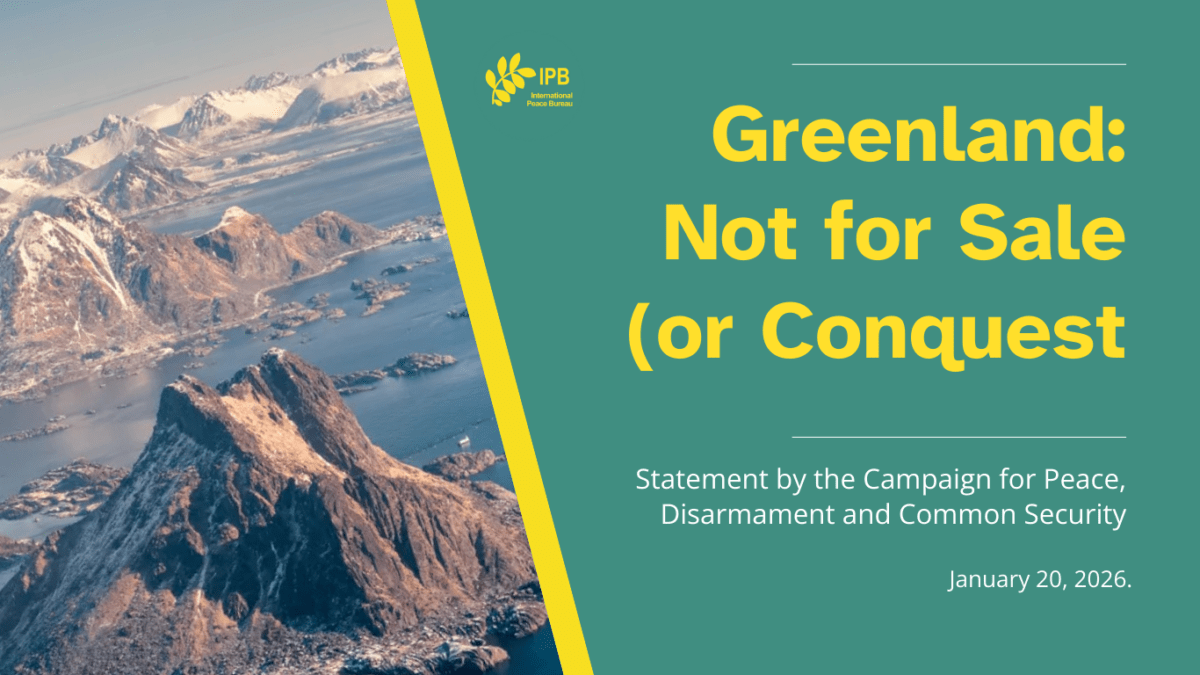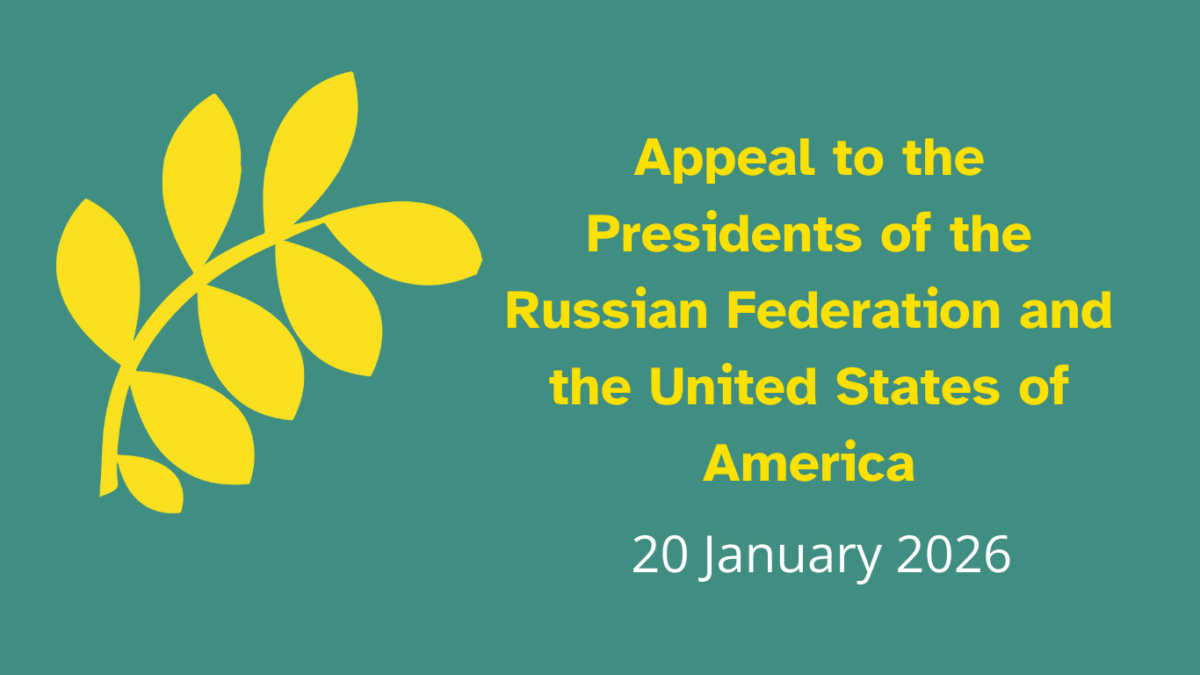Anuradha Chenoy is a former collaborator of IPB and has been elected as a board member in 2025. Anuradha is an academic committed to peace. She is a writer who seeks to unravel geopolitics and show peace-related alternatives.
Anuradha is currently an Adjunct Professor at the Jindal School of International Affairs, Jindal Global University in India. She is also an honorary Associate Fellow at the Transnational Institute and part of the Asia Europe Peoples Forum. She is a former Professor and Dean at the School of International Studies in Jawaharlal Nehru University.
She actively contributes to peace and women’s movements. Her teaching and writing centre on International Relations; Common Security, Russian and Central Asian Studies; Security Issues, Human Security, Militarization, Foreign Policy, Peace and Conflict Studies, Gender issues.

